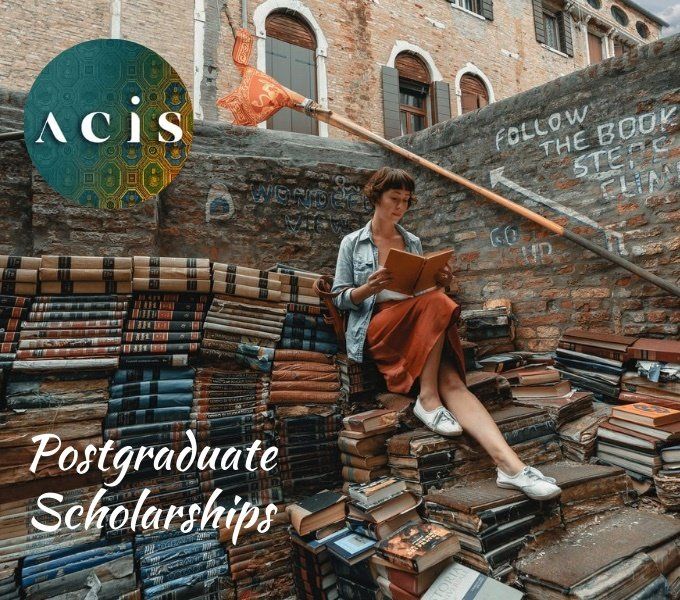Language Variation in Renaissance Italy
 Renaissance Italy saw the creation of the Italian language
and of most major European standard languages. In Italy itself, no political centre dominated the entire peninsular, so no standard language was immediately obvious. The dialect chosen for the standard had the most prestigious literary tradition – Florentine. The existing literature has shown how Florentine emerged as a dominant variety in Lombardy – a wealthy region particularly interesting for its mix of political centralisation and persisting local traditions – but it has focussed on literary texts, leaving an entire period of language evolution and variation unexplored in the belief that models of language variation and changes of literary standards will suffice to explain linguistic phenomena in non-literary texts. This bias has recently been discussed by Adam Ledgeway from the University of Cambridge in a lecture
at NYU Florence. In my earlier research
I looked at the spread of Tuscan in a corpus of non-literary merchant texts sent from Milan in the late 14 th
century. I am now extending this project to the analysis of the letters of a Milanese nun, Margherita Lambertenghi (?-1454), to produce an innovative conceptualisation of processes of language change in late medieval Lombardy.
Renaissance Italy saw the creation of the Italian language
and of most major European standard languages. In Italy itself, no political centre dominated the entire peninsular, so no standard language was immediately obvious. The dialect chosen for the standard had the most prestigious literary tradition – Florentine. The existing literature has shown how Florentine emerged as a dominant variety in Lombardy – a wealthy region particularly interesting for its mix of political centralisation and persisting local traditions – but it has focussed on literary texts, leaving an entire period of language evolution and variation unexplored in the belief that models of language variation and changes of literary standards will suffice to explain linguistic phenomena in non-literary texts. This bias has recently been discussed by Adam Ledgeway from the University of Cambridge in a lecture
at NYU Florence. In my earlier research
I looked at the spread of Tuscan in a corpus of non-literary merchant texts sent from Milan in the late 14 th
century. I am now extending this project to the analysis of the letters of a Milanese nun, Margherita Lambertenghi (?-1454), to produce an innovative conceptualisation of processes of language change in late medieval Lombardy.
The central research question of my project therefore asks: what did Milanese dialect look like at the end of the fifteenth-century as shown in the writing from an Augustinian nun at a time when language in Lombardy has been described as a ‘kingdom of free variation’? I am studying hitherto overlooked non-literary sources in a framework of language history ‘ from below ’, broadening the focus of previous scholarship on texts of the cultural élite. A striking characteristic of all written language in late medieval Italy is its linguistic heterogeneity so I shall also be compiling a picture of language variation in fifteenth-century Milan in a corpus of non-literary documents.
Share this:
- Share on Tumblr
- </div></li><li class="share-end"/><li class="share-reddit"><div class="reddit_button"><iframe src="https://www.reddit.com/static/button/button1.html?newwindow=true&width=120&url=https%3A%2F%2Facis.org.au%2F2017%2F03%2F25%2Flanguage-variation-in-renaissance-italy%2F&title=Language%20Variation%20in%20Renaissance%20Italy" height="22" width="120" scrolling="no" frameborder="0"/></div></li><li class="share-end"/></ul></div></div></div></div></div> <div id="jp-relatedposts" class="jp-relatedposts"> <h3 class="jp-relatedposts-headline"><em>Related</em></h3> </div></div> </div>








